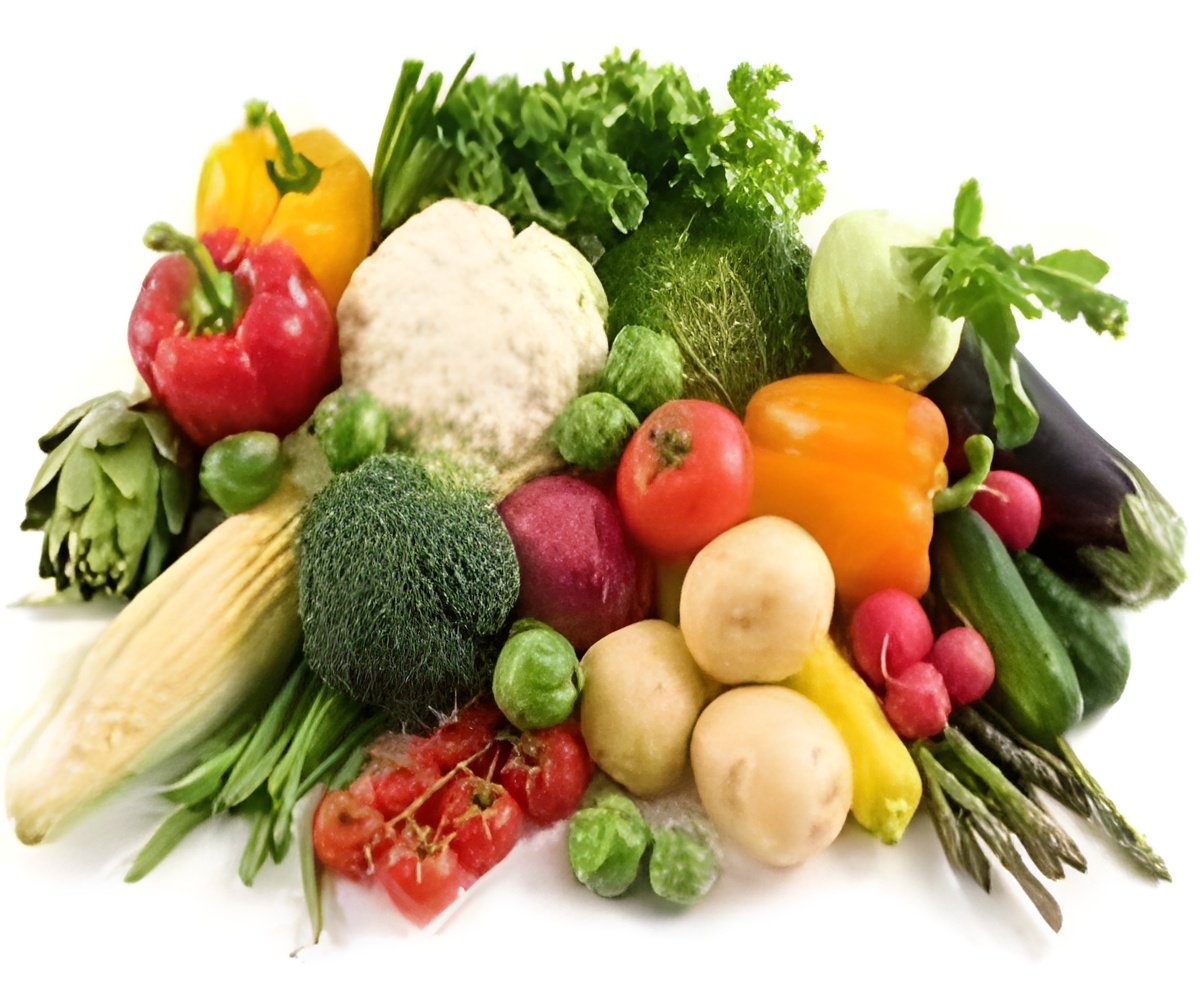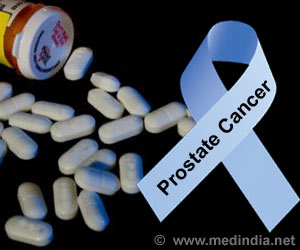Vegetables like Brussels sprouts, cabbage, cauliflower and broccoli could help combat colorectal cancer (CRC).

A lower risk of distal colon cancer was associated with apples too, but increased consumption of fruit juice could trigger rectal cancer.
"Fruits and vegetables have been examined extensively in nutritional research in relation to CRC, however, their protective effect has been subject to debate, possibly because of different effects on different subsites of the large bowel," commented lead investigator Professor Lin Fritschi, PhD, head of the Epidemiology Group at WAIMR.
"It may be that some of the confusion about the relationship between diet and cancer risk is due to the fact that previous studies did not take site of the CRC into account. The replication of these findings in large prospective studies may help determine whether a higher intake of vegetables is a means for reducing the risk of distal CRC," she said.
Researchers investigated the link between fruit and vegetables and three cancers in different parts of the bowel: proximal colon cancer, distal colon cancer, and rectal cancer. The case-control study included 918 participants with a confirmed CRC diagnosis and 1021 control participants with no history of CRC. The subjects completed extensive medical and nutritional questionnaires and were assigned a socioeconomic status based on their home address.
Consumption of brassica vegetables (e.g., broccoli, cabbage) was associated with reduced incidence of proximal colon cancer. For distal colon cancer, both total fruit and vegetable intake and total vegetable intake appeared to decrease risk. Distal colon cancer risk was significantly decreased in association with intake of dark yellow vegetables and apples, although there was an increased risk for rectal cancer with consumption of fruit juice. Risk of proximal colon cancer and rectal cancer was not associated with intakes of total fruit and vegetable, total vegetable or total fruit.
Advertisement
The authors concluded that "from a public health point of view it is easier to translate food-based analyses into dietary recommendations, rather than using the intake of single nutrient."
Advertisement
Source-Medindia











